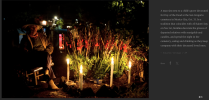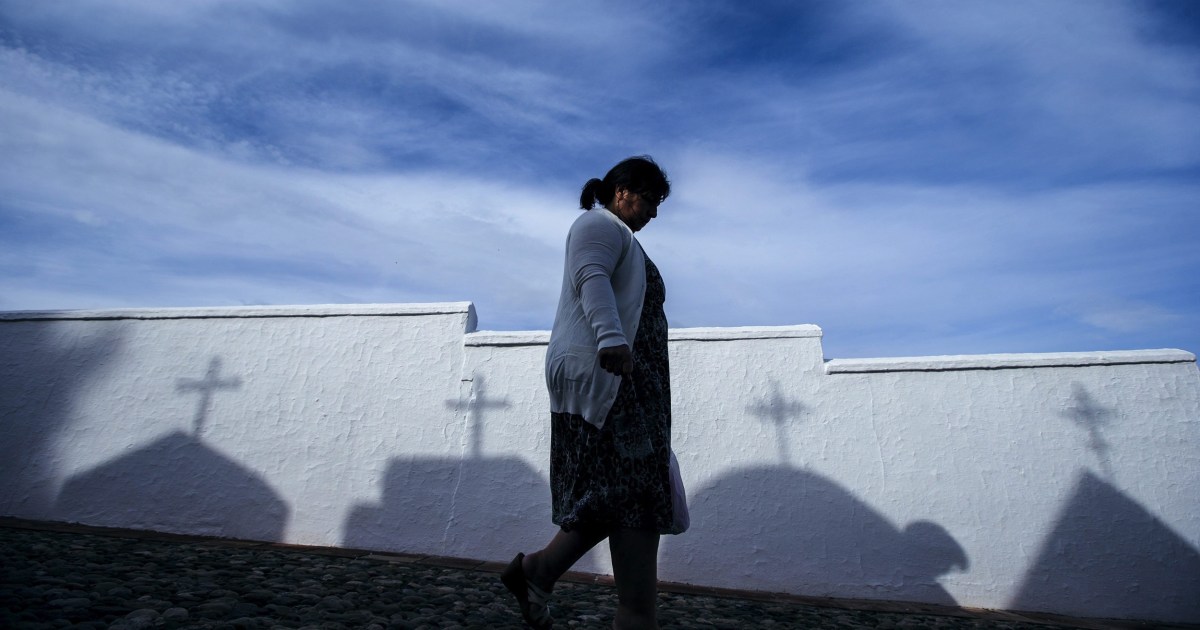I did. I read a book by a Russian convert, he was Baptist and became Orthodox.Has anyone ever taken a deep dive into the liturgy, practices, history of the Orthodox churches?
I had an Orthodox teacher in my orphanage who was hostile to Baptists, he was proponent of drinking one's own urine based on John 4:14: “But whoever drinks of the water that I will give him shall never thirst; but the water that I will give him will become in him a well of water springing up to eternal life”. Of course he was anomaly even for his own religion. But there are plenty of other practices that makes me look at them as a caricature of Christian faith. Like here
I have been reading book by FRANK VIOLA "PAGAN CHRISTIANITY", it has been great eye opener in combination with work by Tom Wadsworth. Together these two sources have been the most impactful for me in how I will continue to exercise my faith. I hope you will be blessed by these guys as much as I have been if you choose to watch them.



